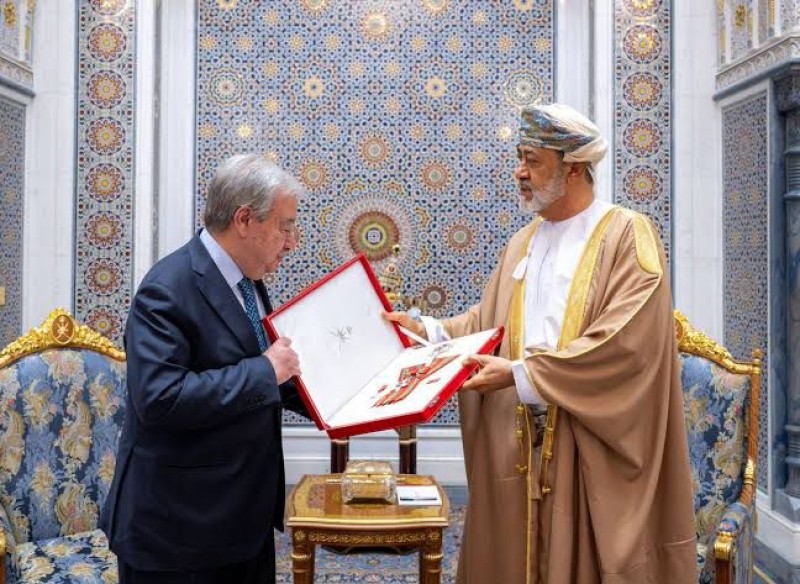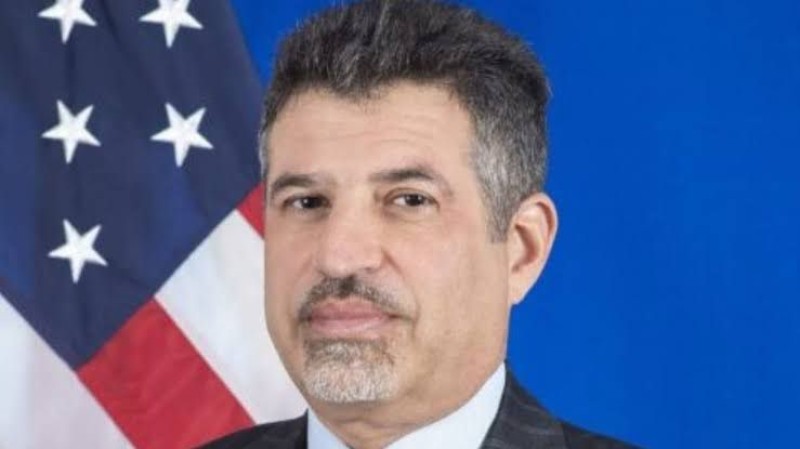Yemen's Houthi rebels refuse to withdraw from Hodeidah ports, hinder Stockholm agreement


Yemen's Houthi rebels refused to withdraw from two Hodeidah's ports on Monday, hindering a peace deal brokered by the United Nations in Stockholm in December last year.
Houthi spokesman Yahya Sarea told Xinhua that the Houthi forces will not withdraw until specifying a date for the withdrawal of their foe Saudi-backed Yemeni government forces from around the port city.
"The first phase of the UN plan sets a date of our withdrawal only, while it didn't specify any date for the withdrawal of the other side (government troops)," Sarea said, stipulating that the other side should also start to withdraw in the same time.
Saudi-owned Al Arabiya television cited a Yemeni government official as saying that the Houthi rebels halt the implementation of Stockholm peace deal.
The UN Special Envoy to Yemen Martin Griffiths said this week that the mutual withdrawal of warring forces should start immediately from Hodeidah.
On Sunday, the rebels said that they will begin to pull back their forces 5 km from the ports of Saleef, which is used for importing grains, and Ras Isa, an oil terminal for exporting Marib crude oil.
For the second phase of withdrawal, Houthi forces will withdraw 1 km from Hodeidah's main port, while the coalition-backed government forces will retreat 1 km from Kilo 7 area in the eastern suburbs of the port city, according to the peace plan.
The government forces have advanced into the southern and eastern outskirts of Hodeidah, after battles against the Houthi rebels over the past five months.
The withdrawal plan came under the supervision of a UN-led cease-fire monitoring team headed by Michael Lollesgaard, who is in Hodeidah.
Hodeidah is the main lifeline entry of commercial imports and humanitarian aid to two-thirds of the Yemeni population.
Stockholm peace deal aims to avoid the lifeline port city an all-out assault by the Saudi-led coalition forces and place it under the UN supervision.
The deal seeks to save more than 20 million Yemenis from sliding into major starvation.
The civil war has killed more than 10,000 people, mostly civilians, displaced 3 million others, and pushed the country to the brink of famine.
AFP.

Muscat – The Office of the UN Special Envoy to Yemen said Monday that UN Secretary-General António Guterres discussed the overall situ…

Riyadh — U.S. Ambassador to Yemen, Steven Fagin, on Monday underscored Washington’s commitment to the unity of the Presidential Leaders…

Abyan — The Southern Transitional Council (STC) in Yemen announced on Monday the launch of wide-scale military operations in Abyan province,…